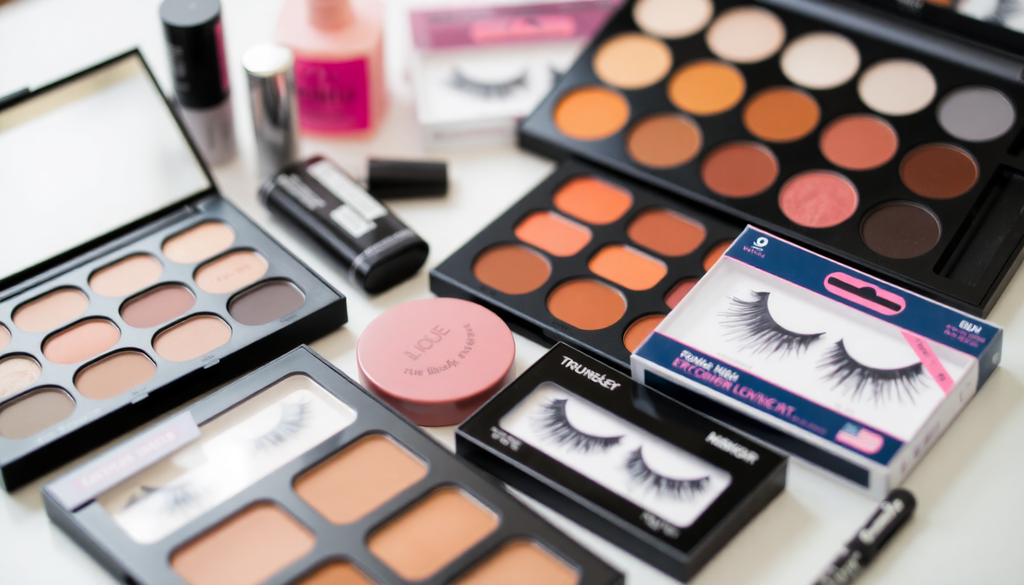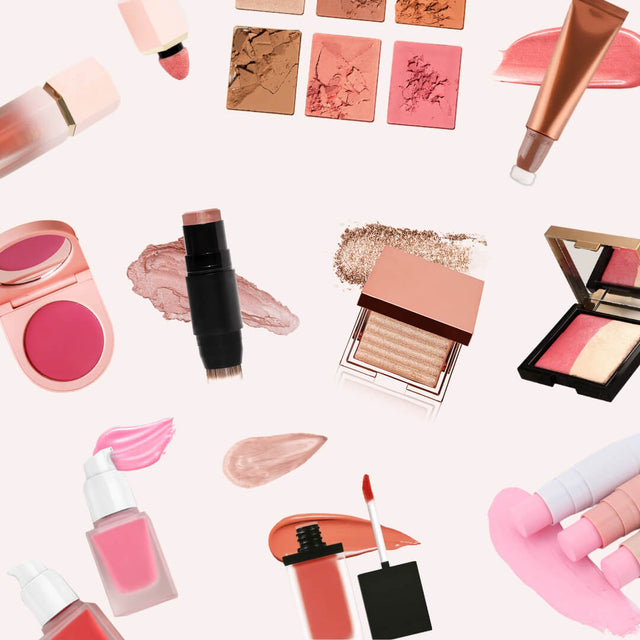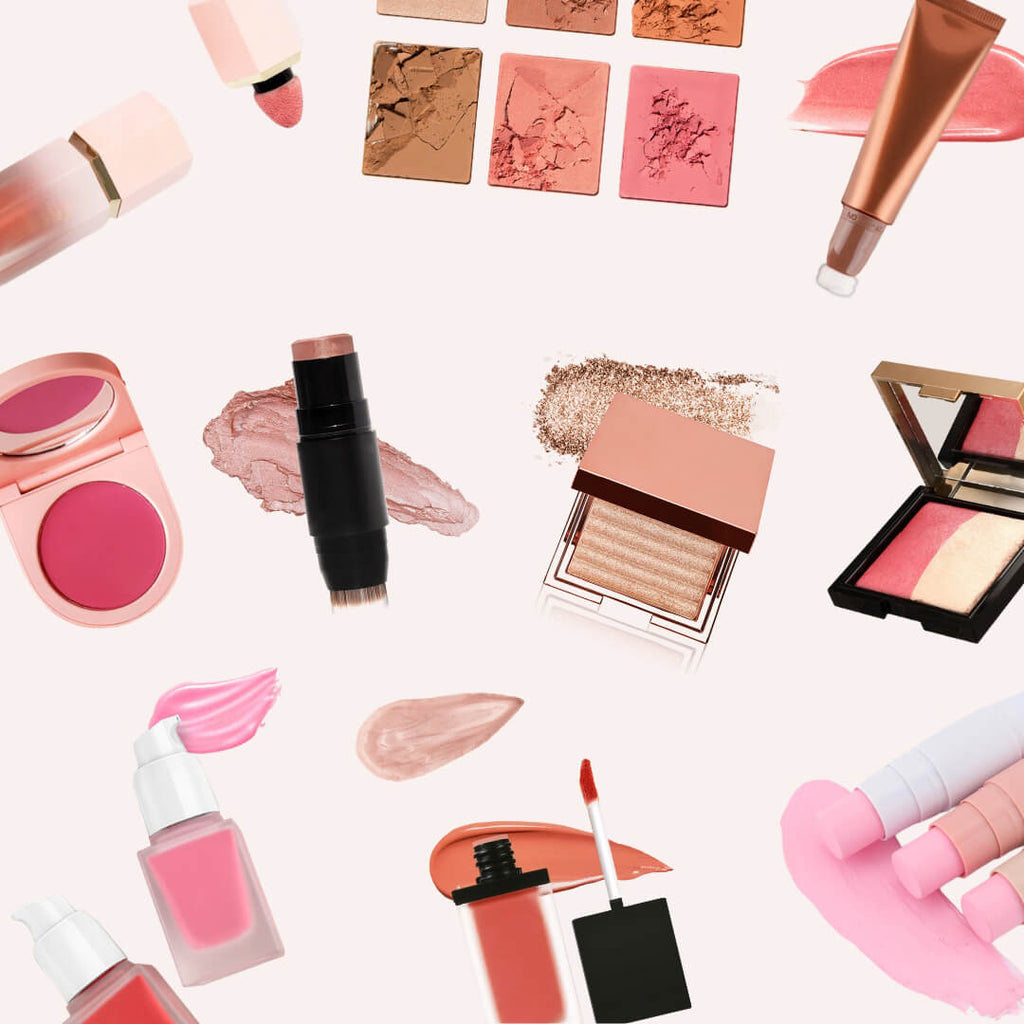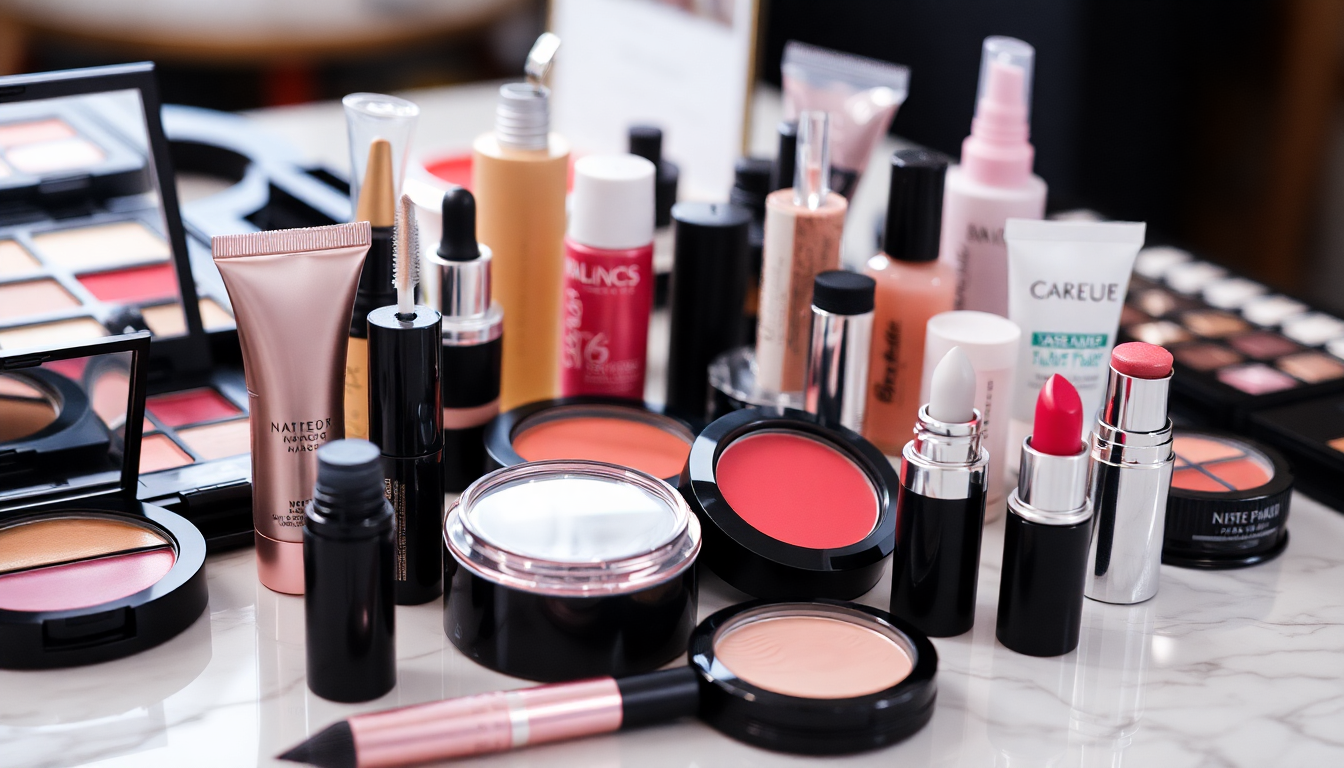
Essential Guide to Launching Your Private Label Makeup Business in New Zealand: Navigating Import Policies and Marketing Strategies for 2025
Introduction
Starting a private label makeup business in New Zealand can be an exciting and rewarding venture. With the cosmetics industry continually evolving, there are abundant opportunities for entrepreneurs to create unique brands that resonate with consumers. This comprehensive guide will walk you through the essential steps, including navigating import policies, understanding cosmetic labeling requirements, setting up your online store, and effective marketing strategies for 2025. Whether you're a seasoned entrepreneur or a first-time business owner, this guide aims to equip you with the knowledge needed to succeed.
Understanding Import Policies
Before diving into product development and branding, it’s crucial to understand New Zealand’s import policies. Here are key points to consider:
- Customs Regulations: Familiarize yourself with the New Zealand Customs Service regulations. Ensure your products comply with the Customs Import Prohibition Regulations. It’s important to check if any specific ingredients or formulations are restricted or banned.
- Import Duties and Taxes: Be aware of any duties and taxes applicable to importing cosmetics. The Goods and Services Tax (GST) will apply to imported goods over a certain value. Understanding these costs will help you price your products appropriately.
- Health and Safety Standards: Your makeup products must adhere to the New Zealand Food Safety Authority regulations. This includes ensuring that your products are safe for use, properly tested, and clearly labeled.
- Documentation Requirements: When importing cosmetics, ensure you have all necessary documentation, including invoices, shipping documents, and certificates of analysis when required.
Cosmetic Labeling Requirements
Proper labeling is essential not only for compliance but also to build consumer trust. Here’s what you need to know:
- Ingredient List: Ingredients must be listed in descending order of predominance. This is crucial for transparency and safety. Consider using the International Nomenclature of Cosmetic Ingredients (INCI) names for consistency.
- Product Claims: Any claims made regarding your products must be substantiated. Avoid misleading statements and ensure that any claims about being 'natural' or 'organic' comply with relevant definitions.
- Country of Origin: Clearly indicate where the product was manufactured to comply with consumer rights laws. This information fosters transparency and trust among consumers.
- Expiration Dates and Batch Codes: Include expiration dates and batch codes on your products to ensure safety and traceability.
Setting Up Your Online Makeup Store
Creating an online presence is vital for your private label makeup business. Here are steps to set up your online store:
- Choose an E-commerce Platform: Select a platform like Shopify, WooCommerce, or BigCommerce that suits your business needs. Consider factors such as ease of use, scalability, and available integrations.
- Design Your Website: Invest in a professional design that reflects your brand's personality. Ensure it’s user-friendly and mobile-responsive. High-quality images and an intuitive layout will enhance the shopping experience.
- Payment Solutions: Integrate secure payment gateways that support various payment methods, including credit cards and PayPal. Offering multiple payment options can help reduce cart abandonment rates.
- SEO Optimization: Implement SEO best practices to enhance your visibility on search engines. Use keywords strategically, optimize product descriptions, and create engaging content that resonates with your target audience.
- Set Up Customer Support: Provide clear contact information and consider implementing a live chat feature to assist customers in real-time.
Product Development and Sourcing
Once you have a clear understanding of the import policies and have set up your online store, it’s time to focus on product development and sourcing. Here are some critical steps:
- Identify Your Niche: Determine the specific market segment you want to target. This could be based on demographics, trends, or specific cosmetic needs.
- Find Reliable Suppliers: Research and connect with reputable manufacturers or suppliers who can provide quality makeup products. Look for suppliers who adhere to good manufacturing practices (GMP).
- Conduct Sampling: Always request samples from potential suppliers to test product quality and performance before committing to a larger order.
- Branding and Packaging: Invest in eye-catching packaging that reflects your brand identity. Consider eco-friendly options to appeal to environmentally conscious consumers.
Marketing Strategies for 2025
Effective marketing is key to establishing your private label makeup brand. Consider these strategies:
- Social Media Marketing: Utilize platforms like Instagram, TikTok, and Pinterest to showcase your products. Create engaging content, tutorials, and collaborate with influencers. Building a community around your brand can drive organic growth.
- Email Campaigns: Build an email list to keep your customers informed about new launches, promotions, and beauty tips. Use targeted campaigns to personalize your communications.
- Content Marketing: Start a blog or vlog to share beauty advice, product usage tips, and behind-the-scenes content. This not only drives traffic to your site but also establishes your authority in the beauty industry.
- Online Advertising: Invest in targeted online ads through Google Ads and social media platforms to reach your ideal customers effectively. Experiment with retargeting ads to recapture interest from visitors who did not convert.
- Affiliate Marketing: Consider building an affiliate program where influencers or bloggers can earn a commission for promoting your products. This can expand your reach and credibility.
Building Customer Loyalty
Once you have established your brand and attracted customers, it’s essential to build loyalty. Here are some tips:
- Loyalty Programs: Consider implementing a loyalty program that rewards repeat customers with discounts or exclusive offers.
- Excellent Customer Service: Ensure your customer service is top-notch. Respond promptly to inquiries and resolve issues efficiently to foster trust and repeat business.
- Gather Feedback: Regularly ask for customer feedback on your products and services. This can provide valuable insights for improvement and innovation.
- Create Community Engagement: Engage with your customers through social media, host events, or create user-generated content campaigns to foster a sense of community around your brand.
Conclusion
Launching your private label makeup business in New Zealand requires careful planning and execution. By understanding import policies, adhering to labeling requirements, setting up a robust online store, and employing effective marketing strategies, you can position your brand for success in 2025 and beyond. Start your journey today and make your mark in the beauty industry! Remember, success doesn’t happen overnight; persistence, adaptability, and a genuine passion for your products will drive your business forward.
Teilen
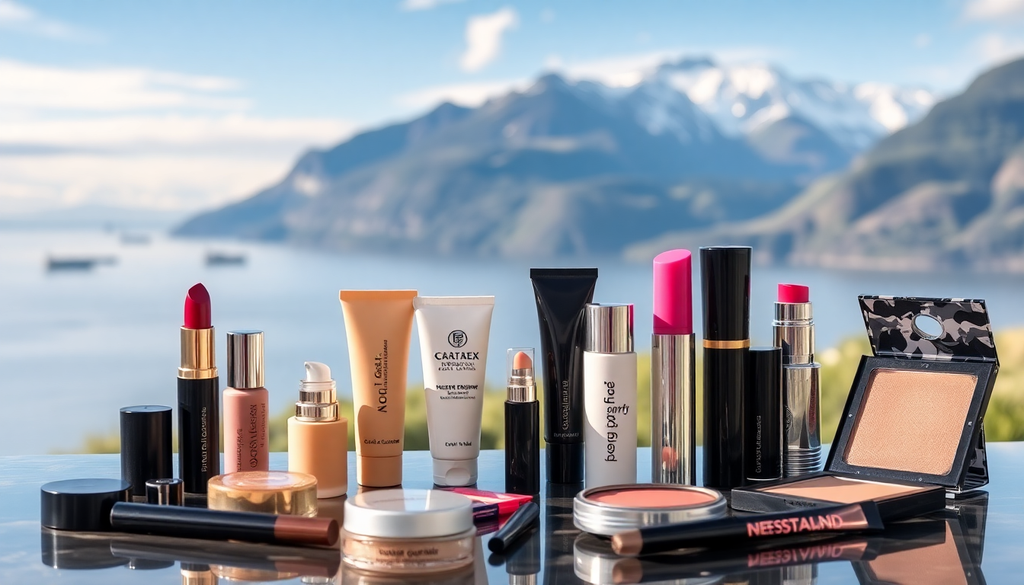
Essential Guide to Starting Your Makeup Brand in New Zealand: Navigating Import Policies, Labeling Requirements, and Effective Marketing Strategies in 2025
